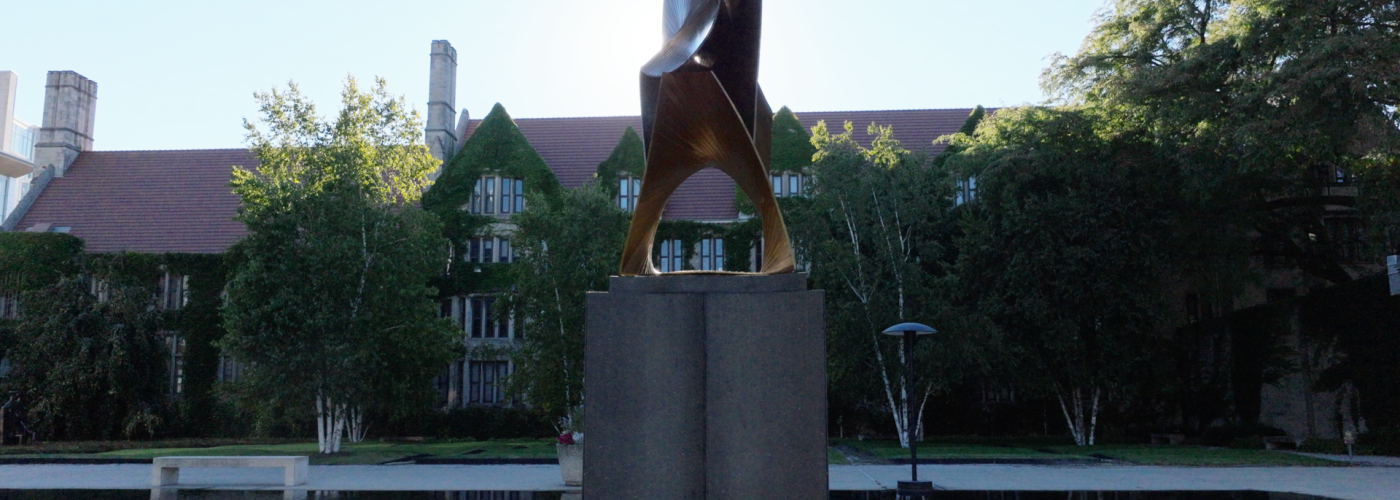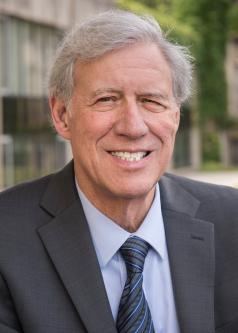News
Carol Moseley Braun, ’72, trailblazing lawyer, politician, and diplomat, returned to the Law School on February 5 to reflect on a lengthy career defined by public service and to offer advice to students. Speaking at the Earl B. Dickerson Memorial Lecture, she urged students to lead with integrity.
Marley McAliley, ’27, a former public relations professional at Google, didn’t imagine when she pivoted to law school that she’d be writing PR pitches for a tech product as part of one of her classes as a law student.
Each February, Black History Month offers an opportunity not only to reflect on the past, but to recognize the students and organizations shaping the future of the legal profession.
Faculty in the News
Trump’s biggest issue would be that Noah’s comments were clearly jokes.
“The First Amendment protects even allegedly false statements about an individual that would be seen as defamatory unless you can prove that they were made with reckless disregard for the truth,” Geoffrey Stone, distinguished professor of law at the University of Chicago, told SAN. “And in this case, they were clearly jokes, and they were intended as jokes. People understood them as jokes, not as factual statements. And therefore, I think it’s utterly implausible that there could be a libel judgment.”
A novel approach to a centuries-old law
Craig Futterman, a clinical law professor at the University of Chicago said while there’s no doubt that federal government has the right to enforce immigration laws, it remains to be seen whether the courts will accept Illinois and Minnesota’s interpretation of the 10th Amendment.
The strongest call for prosecutions came from Craig Futterman. He’s a member of the legal team that brought the lawsuit that prompted U.S. District Judge Sara Ellis to restrict the feds’ use of forcein an order last fall. After a hearing in that case Thursday, he told reporters that local officials “have the power” to arrest federal agents who violate state crimes.
The UChicago Experience
Events
Participating faculty: Adam Chilton, Samuel L. Bray


